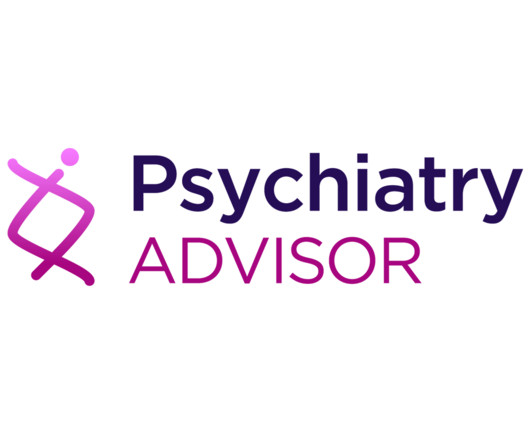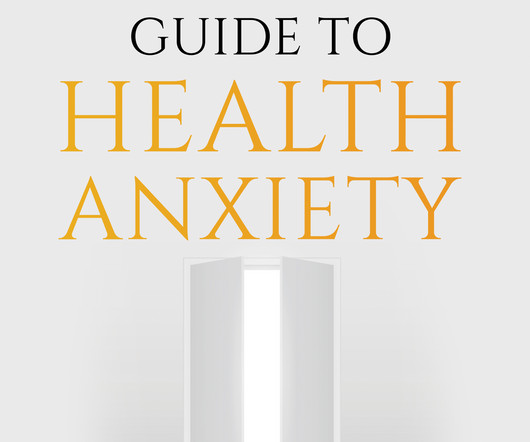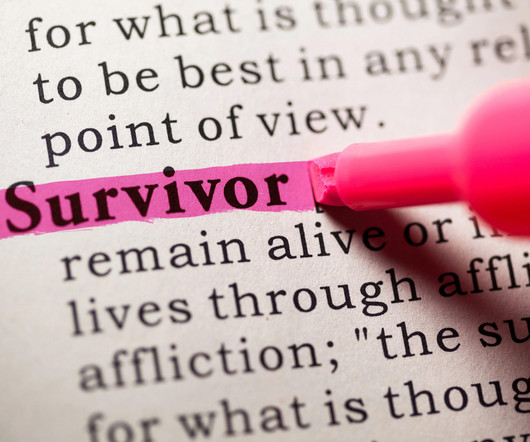On the Brink of Murder Because of an Antidepressant
Mad in America
MARCH 28, 2024
W hile going through a divorce in 2012, award-winning documentary filmmaker Katinka Blackford Newman from London was prescribed escitalopram (Cipralex or Lexapro, from Lundbeck). This is a depression pill, but Katinka was not depressed, only distressed, with sleepless nights, when she needed to leave the family home after a 12-year marriage. The pill nearly killed her and took her away from her kids, which Katinka has described in her book, “ The pill that steals lives.




















Let's personalize your content